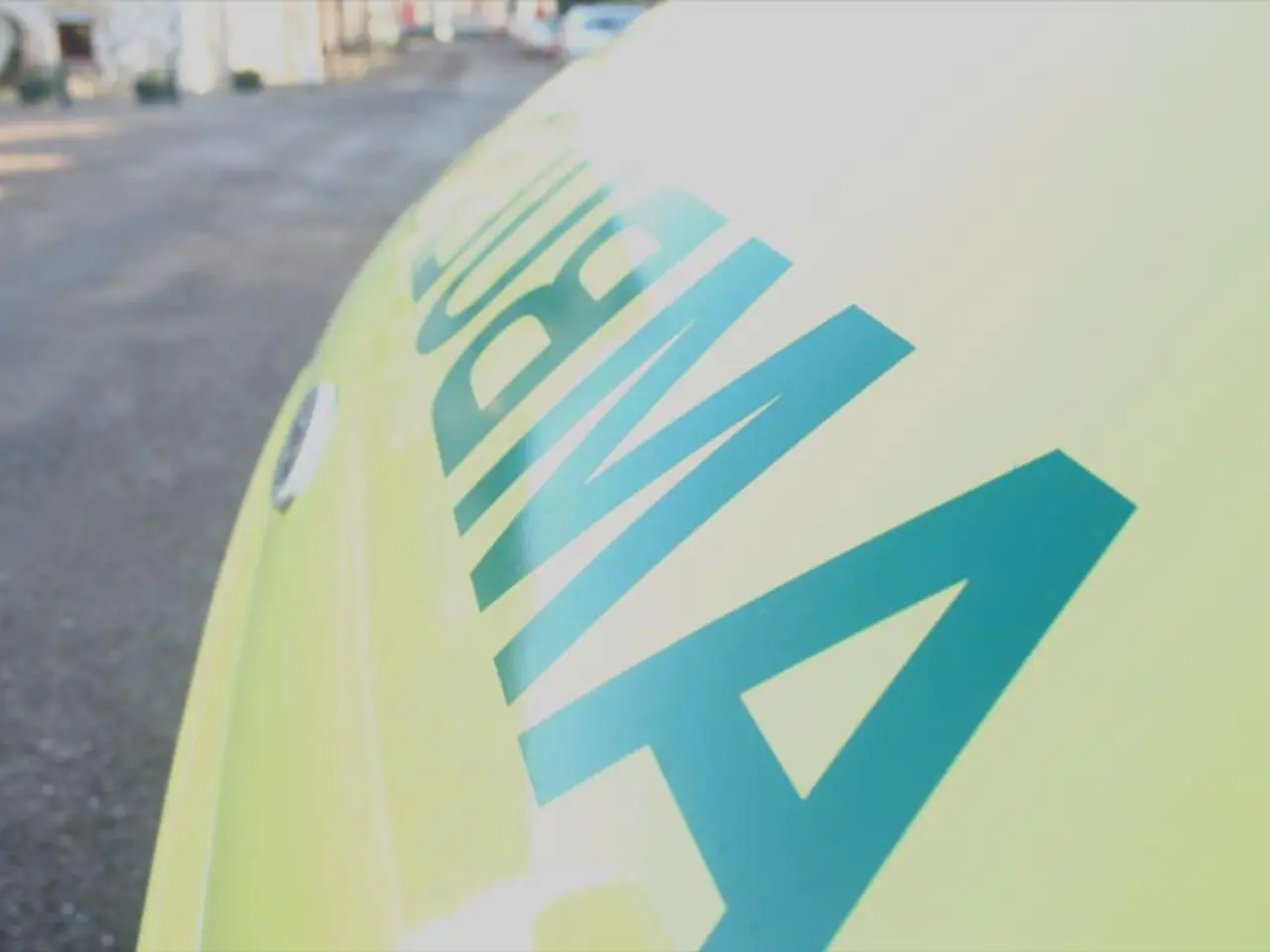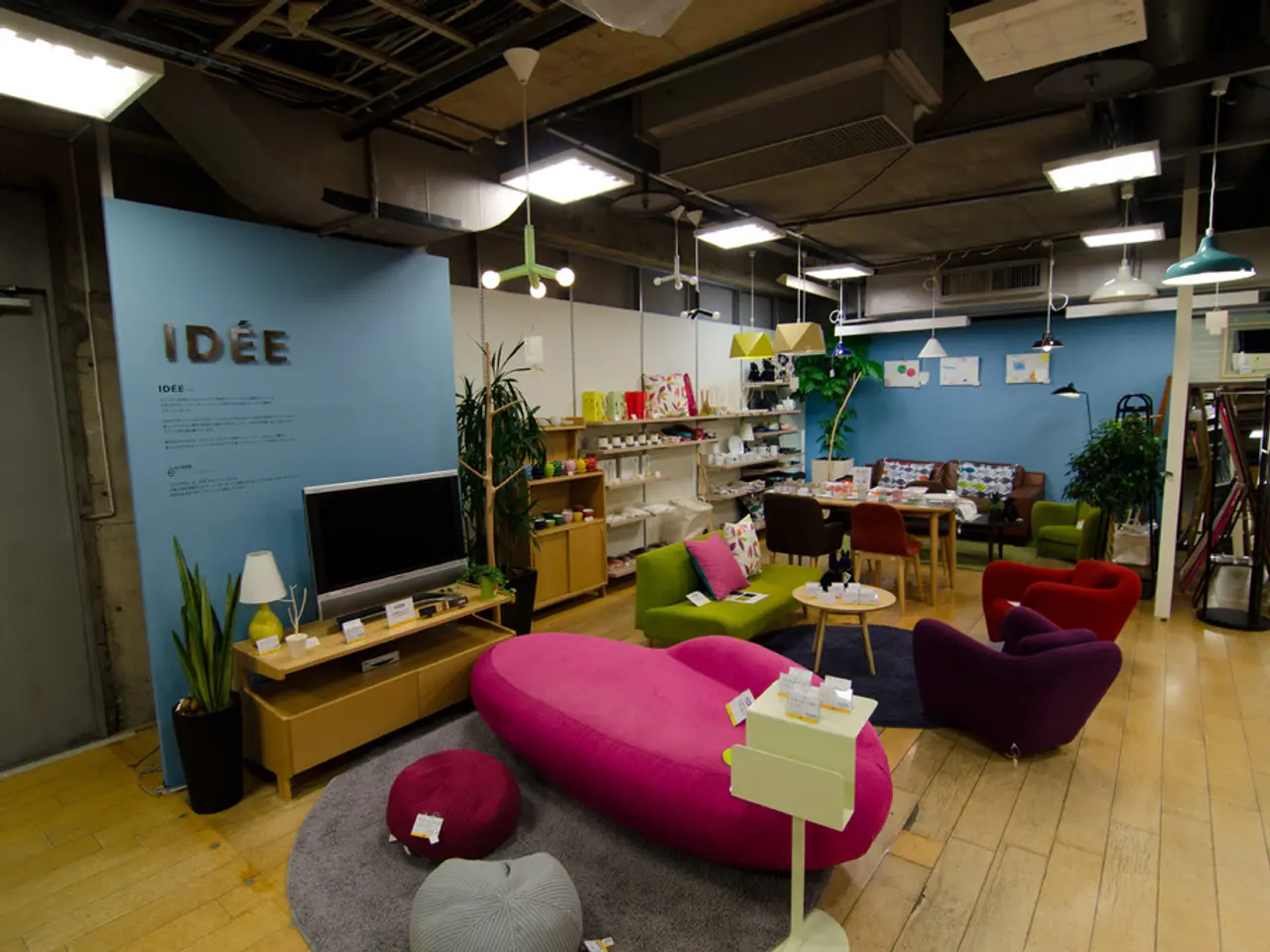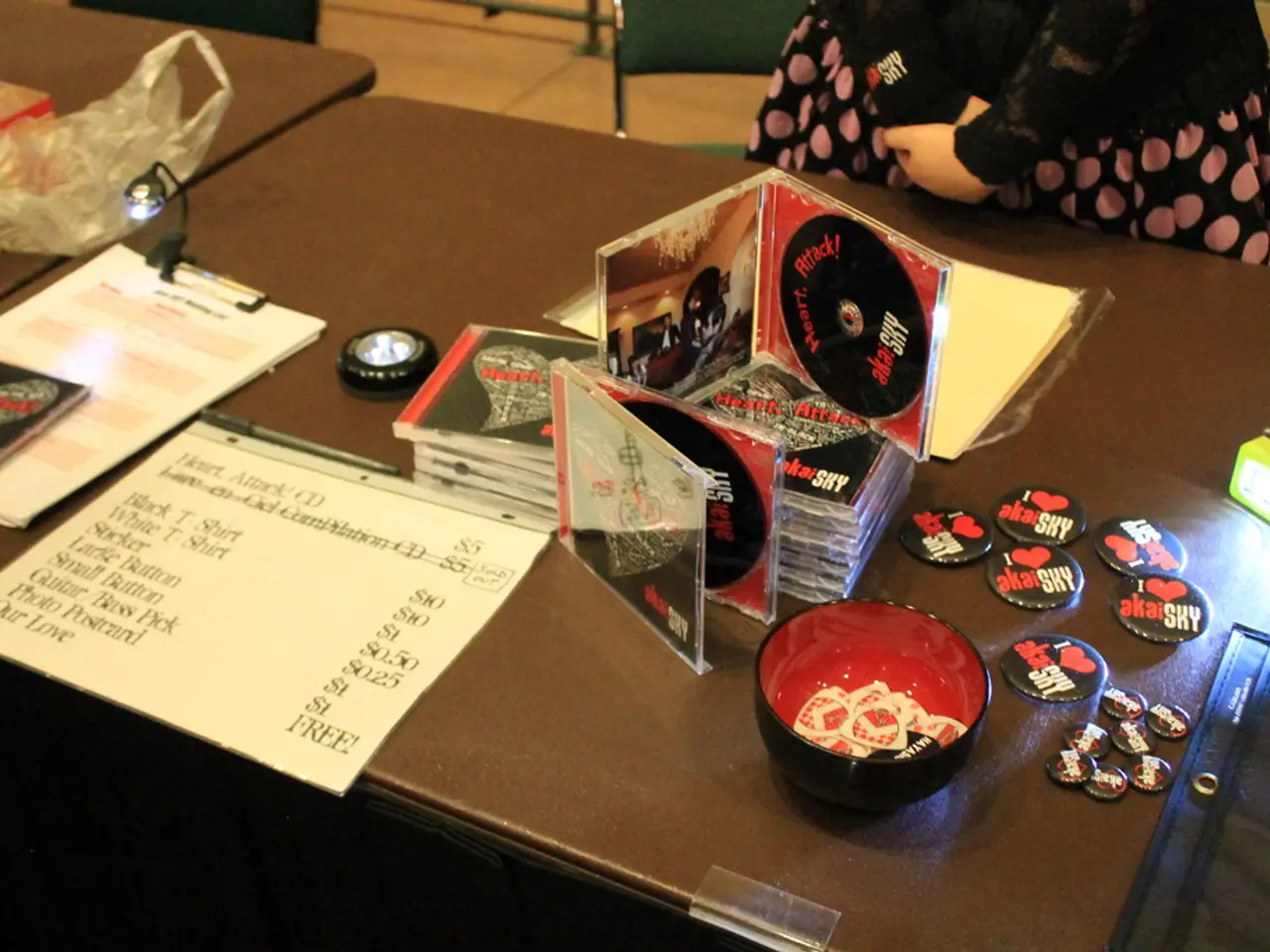Europe's nuclear waste could provide power for extended periods, asserts a new startup, aiming to demonstrate its feasibility.
Thorizon's Nuclear Waste-to-Energy Project Gains Momentum
Thorizon, a Franco-Dutch startup, is set to revolutionise the nuclear energy sector by transforming nuclear waste into clean energy. The company, which spun out from the Netherlands' nuclear research institute NRG in 2018, is currently employing around 50 engineers split between Amsterdam and Lyon.
Thorizon's innovative approach involves the development of a small modular molten salt reactor (MSR) that aims to address the challenges faced by traditional nuclear reactors. MSRs, first developed in the 1960s but never reaching commercial viability due to technical challenges and expense, are now being revisited by companies like Thorizon.
The Thorizon One reactor, expected to begin construction within five years, aims to produce 100 megawatts of electricity. The design uses a system of cartridges, each filled with molten salt and a mix of spent fuel from traditional reactors and fresh thorium. In the process of generating energy, nuclear waste still retains around 90% of the uranium's original energy.
Industry partners, including Dutch manufacturing giant VDL, are helping prototype core components. Three pre-feasibility studies are underway for potential launch sites in France, the Netherlands, and Belgium. Thorizon estimates it needs €750mn to begin building its prototype reactor.
The company has already raised €42.5mn, including funding from the French government and Dutch bodies such as Invest-NL and the Brabant Startup Fonds. If Thorizon manages to overcome the hurdles, it could supply stable baseload power to homes and industries.
Thorizon's MSR operates at high temperatures but low pressure, making it safer and more efficient. The company's CEO, Kiki Lauwers, estimates that Europe's stockpiles of nuclear waste could power the entire region for 40 years.
However, government backing will be crucial for Thorizon, but the CEO notes that being based in Europe may put the company at a disadvantage from a funding perspective. The idea is that these cartridges can simply be replaced once the radioactive part of the fuel has largely been depleted.
This aligns with broader developments in advanced nuclear technology, particularly with molten salt reactors (MSRs) and thorium reactors, which can use spent nuclear fuel or waste as fuel more efficiently and reduce long-term radioactivity. If successful, Thorizon's project could pave the way for sustainable nuclear power and waste mitigation.
- Thorizon's nuclear waste-to-energy project could potentially receive substantial funding from various finance sources, such as the French government and Dutch bodies like Invest-NL and Brabant Startup Fonds, to support the estimated €750 million needed for building their prototype reactor.
- The success of Thorizon's innovative nuclear waste-to-energy project, which aims to use spent nuclear fuel and fresh thorium to generate clean energy, could imply significant implications for the medical-conditions caused by nuclear waste, as the cartridge replacement system in their MSR design reduces long-term radioactivity.
- In the technology sector, advanced nuclear projects like Thorizon's MSR and thorium reactors are gaining momentum due to their potential for sustainable energy production, with the added benefit of converting waste into a utilizable fuel form, benefitting both the energy and medical-conditions industries.




